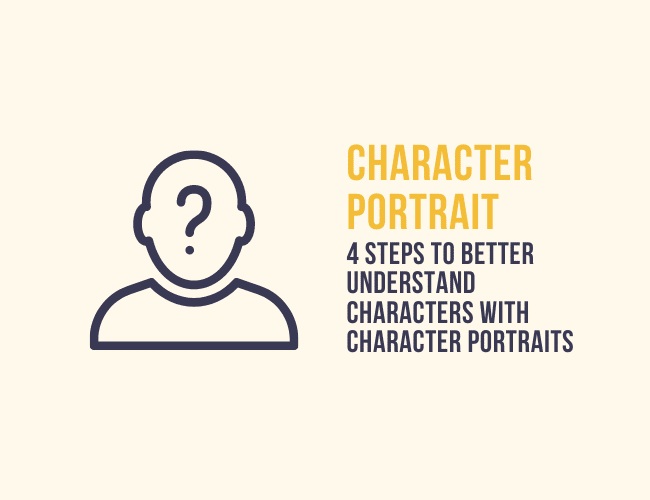
by Monica M. Clark and Joe Bunting |
Whether you’re writing a novel, a memoir, or even painting a portrait, it’s important to understand who you’re writing about.
Creating a character portrait is a characterization technique used by writers like Cheryl Strayed, Marcel Proust, and others to better understand your characters.
In this post, you’ll learn exactly what character portraits, how to create one of your own, and how to get the most out of them in your writing.
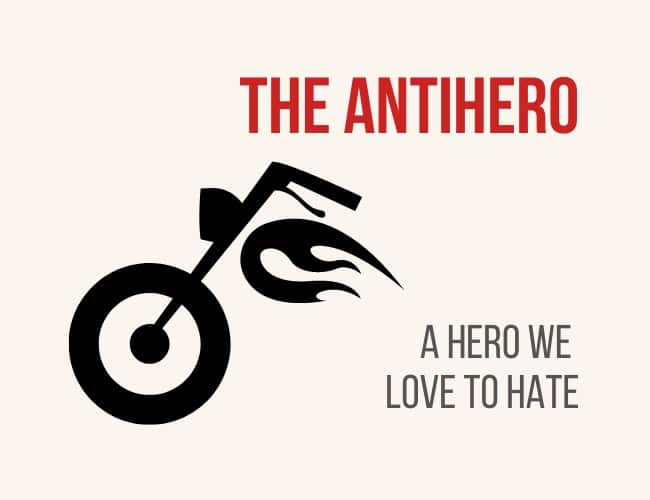
by Joe Bunting |
An antihero is a central character in a story who displays unheroic flaws or characteristics associated with villains, but who may garner more empathy and understanding as they can appear more human and relatable than traditional heroes.
Take a look at our list of over 75 antihero examples to see if you want to create one for your story today.
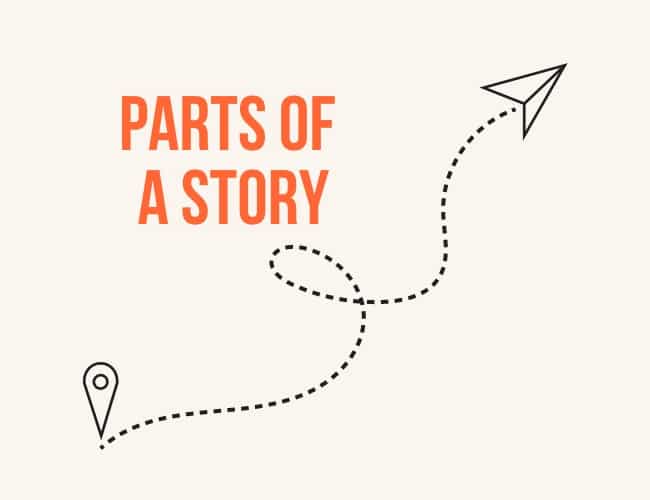
by Sue Weems and Joe Bunting |
Whether you’re a student analyzing a story or a writer intent on crafting a compelling story, there are a few basic story elements that will help you better understand the parts of a story.
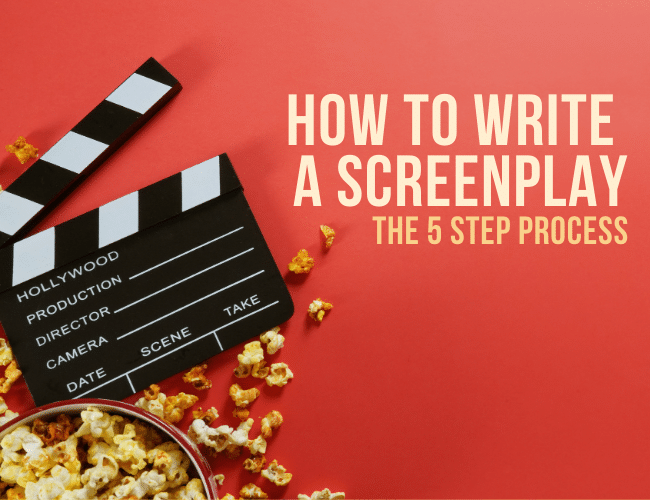
by Joe Bunting |
Have you ever fantasized about writing a Hollywood movie? Or maybe, with a bit of luck, create the next Lost.
In a visual age, with the decline of traditional publishing, some look to writing screenplays as a way to create the “literature of the future.”
But what is the process to write a screenplay? How do you even begin? And how is it different or similar to writing a novel? In this post we’re going to look at the five step process professional screenwriters use.
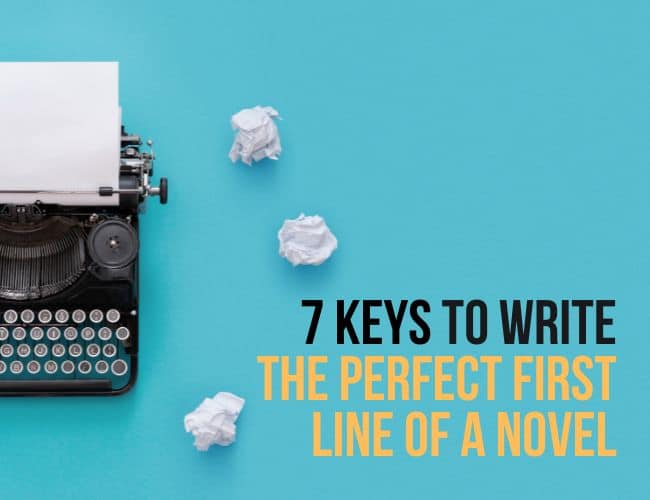
by Joe Bunting |
Earlier this week, I read “Poppies,” a short story by Ulrica Hume, one of our authors on Story Cartel. Initially, I had only planned on skimming a few pages, but the first line hooked me. Before long, I was finishing the last page.
Great first lines have that power, the power to entice your reader enough that it would be unthinkable to set the book down. How, then, do you write the perfect first line?




